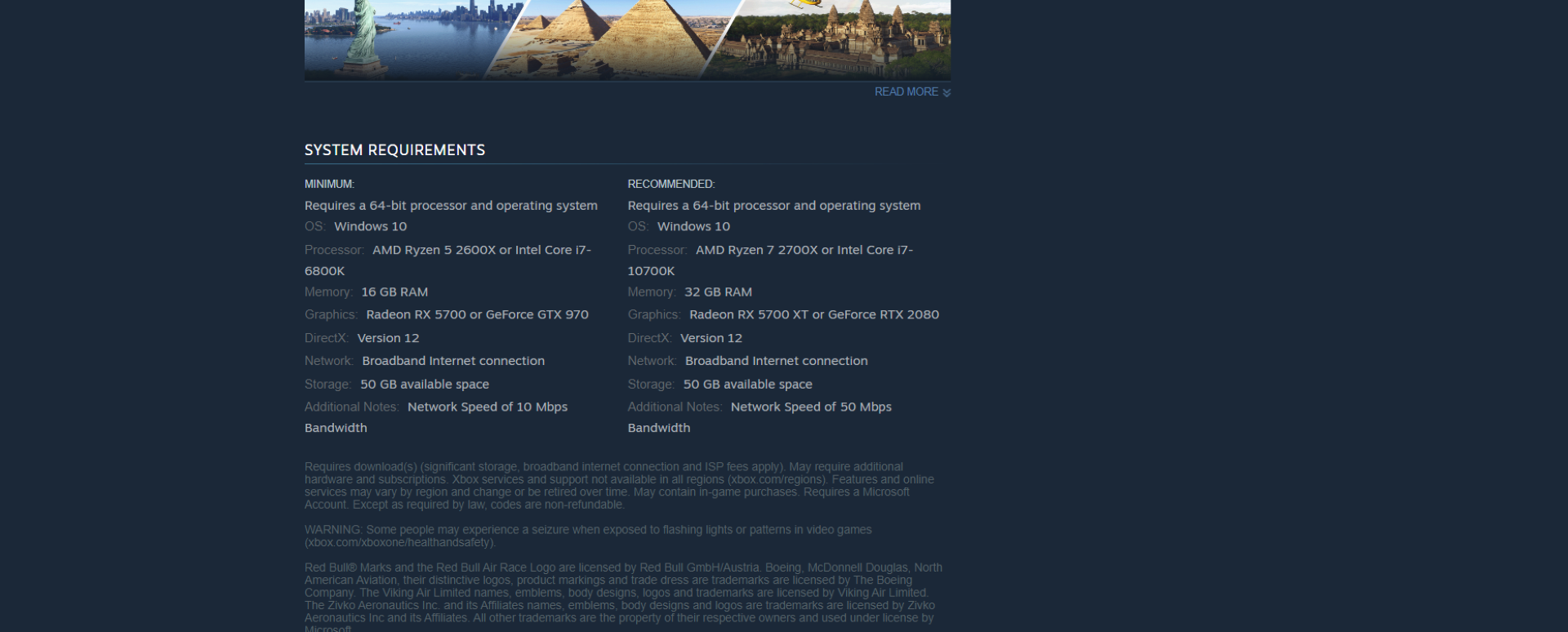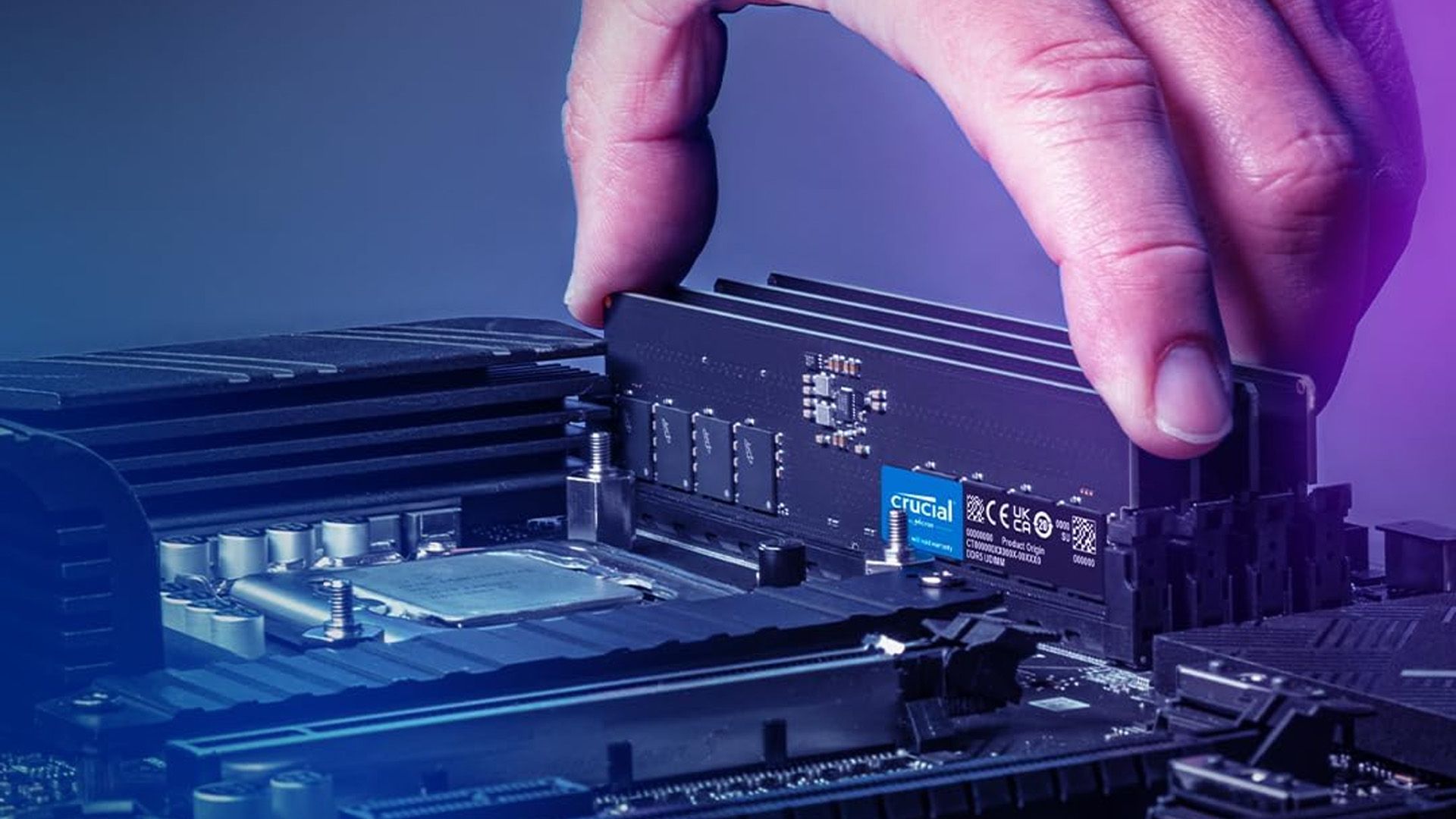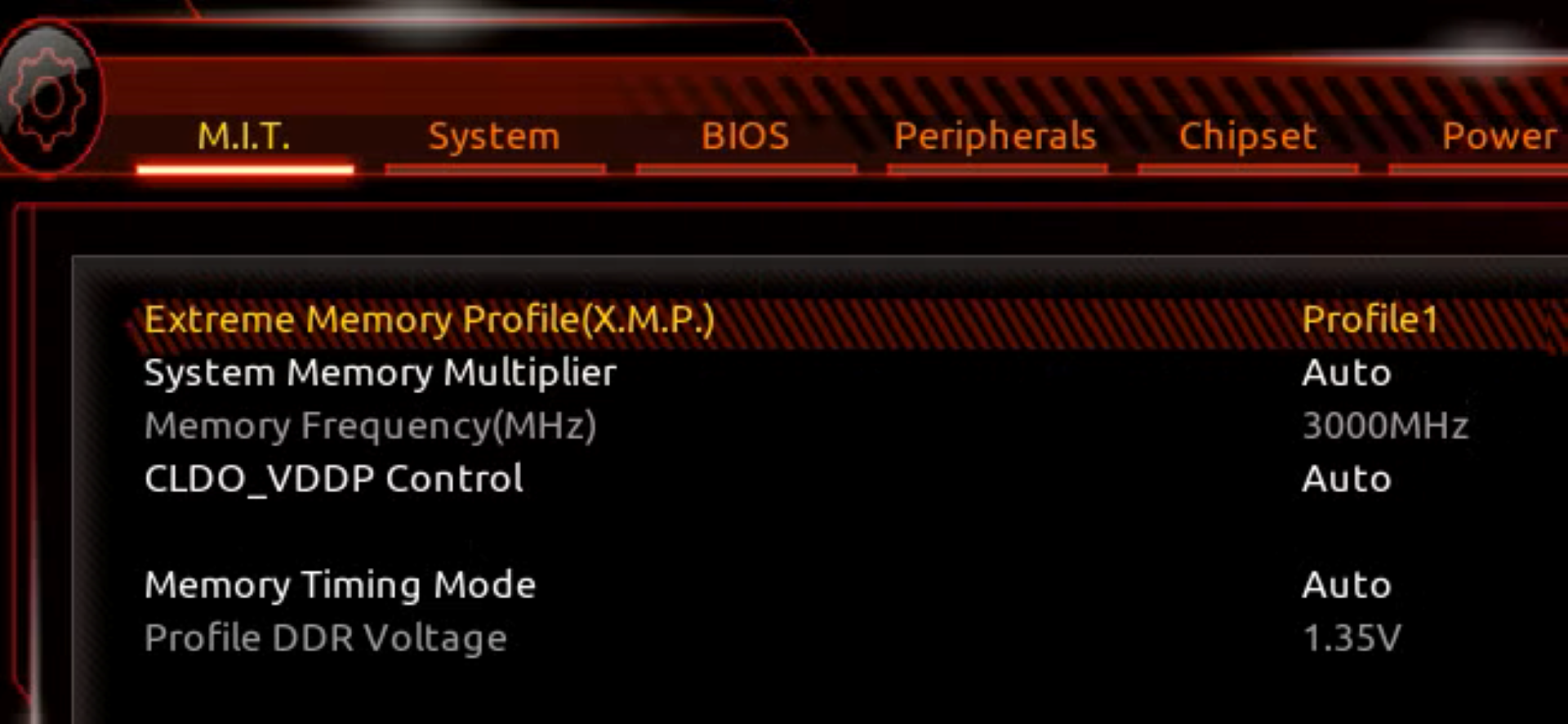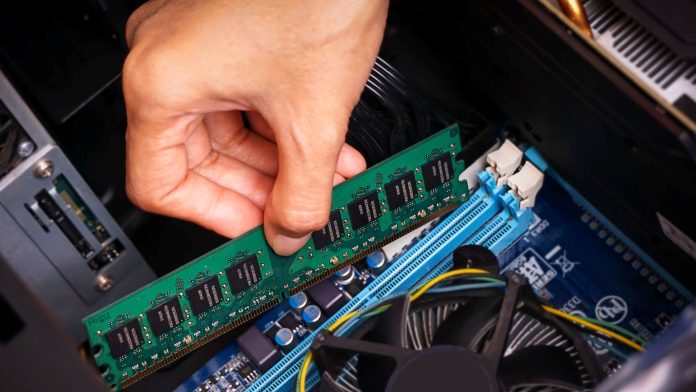Cutting-edge PC gaming means upgrading certain components on a regular basis. The graphics card, the CPU, your storage; there’s always something that could be better. But what about your RAM? You’d think that more RAM is better, but here’s why you don’t need 64GB for the foreseeable future of gaming.
64GB Is More Than You Need for Modern Gaming
Video games are getting bigger and more demanding all the time, hence the constant need for PC gamers to keep upgrading their hardware. It’s natural to assume that, as new games continue to be developed, you’ll need increasingly better specs to run the games. At its core, this is true, but frankly, RAM requirements just aren’t moving that quickly. In 2020, it was pretty easy to convince oneself that cutting-edge games might need 64GB of RAM to run at max settings. Five years later, this is rarely the case.
Even today, most AAA titles with the best graphics and the most demanding requirements still don’t need 64GB of RAM. Huge RTS games with thousands of units on screen like Total War: Warhammer III? 8GB RAM recommended. The Oblivion remaster? 32GB. Microsoft Flight Simulator 2024? 32GB. I’ve searched high and low on Steam for brand-new games that recommend 64GB of RAM. There are barely any out there other than some of the most niche simulation titles or heavily modded games,

Even games like Cyberpunk 2077 with absolutely everything cranked to the max still don’t need 64GB of RAM. It’s just flat-out overkill, and it will be for a long time for a few reasons. The main one is that the vast majority of PC gamers don’t have 64GB of RAM. Most are packing 16 or 32GB. Therefore, game developers and publishers are designing their games with the most common benchmark in mind. They don’t want to make a game that most of their customer base can’t play and thus won’t buy.
This isn’t to say that having RAM over the requirement isn’t helpful. If a game has a 16GB RAM recommendation, having 32GB available will probably result in having quicker load times, smoother pacing, and other nifty bonuses. But doubling that to 64GB of RAM won’t necessarily deliver greater returns. There comes a certain point when the diminishing returns are so little that it’s not worth the money, and for RAM, that’s 64GB when almost no game actually needs that.
There are some things you might need 64GB of RAM to do. Running large language models (LLMs) locally, 3D rendering, virtualization, that sort of thing. But if you are only interested in upgrading your RAM to 64GB because you think you’ll need it to play all the coolest games in the next few years, that’s just not the case. 32GB RAM will do just fine, and save you some money besides.
Speed and Timing Is More Important Than Raw Capacity
RAM capacity is important to a certain point. Obviously, if the minimum requirement of a game is 16GB of RAM, you should aim for 16GB of RAM, all other factors notwithstanding. But once you’ve met the capacity requirement, you’ll get more value out of faster, more efficient RAM than you will out of raw capacity. For example, if a game has a 16GB RAM requirement, you’ll get more performance out of 32GB of high-speed DDR5 than you will 64GB of DDR4.
Why is that? Well, faster RAM has tighter timings and thus lower CAS (column address strobe) latency, which means the RAM can access the data in its columns faster. At high frame rates, video games become more CPU-bound, so that lower CAS latency can significantly boost a high frame rate game’s FPS, especially if you are playing at lower resolutions for whatever reason.

Even outside of gaming, faster RAM means your computer is more responsive because it takes less time to access everything. Load times for most apps and programs will be shorter. Alt-tabbing around will be quicker. Think of it like a sports car versus a semi-truck: the semi-truck might be able to hold more fuel, but that doesn’t mean its performance is as good as the sports car. Once you have the capacity you need, speed and performance are more beneficial than getting extra capacity beyond your needs.
Of course, you could fully commit to 64GB of high-speed DDR5 RAM, but that loops back around to you just not needing that much of it for pretty much any game on the market right now. As the gaming industry stands right now, 32GB of DDR5 RAM will be the best bang for your buck and more than enough for 99% of all games for the foreseeable future, When 32GB stops being enough for the majority of games, it’s not going to be a secret that will blindside us all.
More RAM Can Actually Hurt Overclocking Stability
More RAM not being particularly useful is one thing, but it can actually be actively detrimental in some circumstances. This is especially true when it comes to overclocking your PC. With 64GB of RAM, EXPO and XMP profiles can be unstable for one particular reason; high-density memory configurations put greater strain on the integrated memory controller of your CPU. The memory controller has to manage all installed RAM regardless of how much is being used at one time.
More RAM also increases the electrical and signal load on the controller. Combined, these problems can reduce stability at higher frequencies like 3600MHz, even if that’s what your RAM kit is rated for. Thanks to this, having 64GB of high-speed RAM can actually be less efficient than 32GB of high-speed RAM depending on the capability of your integrated CPU controller.

This instability can lead to all sorts of problems when running an overclocking profile: BSODs, desktop freezes, game crashes, and even boot failures are all on the table. To fix this, you may have no choice but to lower the frequency to something under what your RAM kit is rated for, which kind of defeats the purpose of having that hardware and being able to overclock anything.
It sounds crazy, but upgrading to 64GB of RAM, especially high-speed RAM, can have serious unexpected consequences for the long-term stability of your rig without even adding much value to the setup, and it’s not just about the total amount of RAM, but also how it is distributed among your DIMMs. Each stick of RAM adds more complexity to your setup, adding more traces, routing complexity, and maybe even signal integrity issues.
None of this is to say that it’s impossible to overclock your PC with 64GB of RAM, high-speed or otherwise. But the risk of general instability for your rig goes way up the more RAM you have. Considering that 64GB of RAM is usually already pushing system limits, trying to overclock it can lead to more problems than you’d expect, including thermal and voltage concerns, the limitations of your motherboard, and a lot more.
It’s not like every gamer actually cares to try and overclock their PC memory, but if you’re the type who does, you might cause more problems than you solve by upgrading your PC to 64GB of RAM that it just didn’t really need.
Ultimately, there’s nothing stopping you from upgrading the RAM in your PC to absurd amounts. But if your only need to do so is playing games on your PC, it’s just not necessary. 32GB of high-speed RAM is perfect for gaming right now and will probably remain so in the near future. There are plenty of components you’ll need to upgrade to future proof your gaming PC in the coming years, but 64GB of RAM just isn’t one of them.
